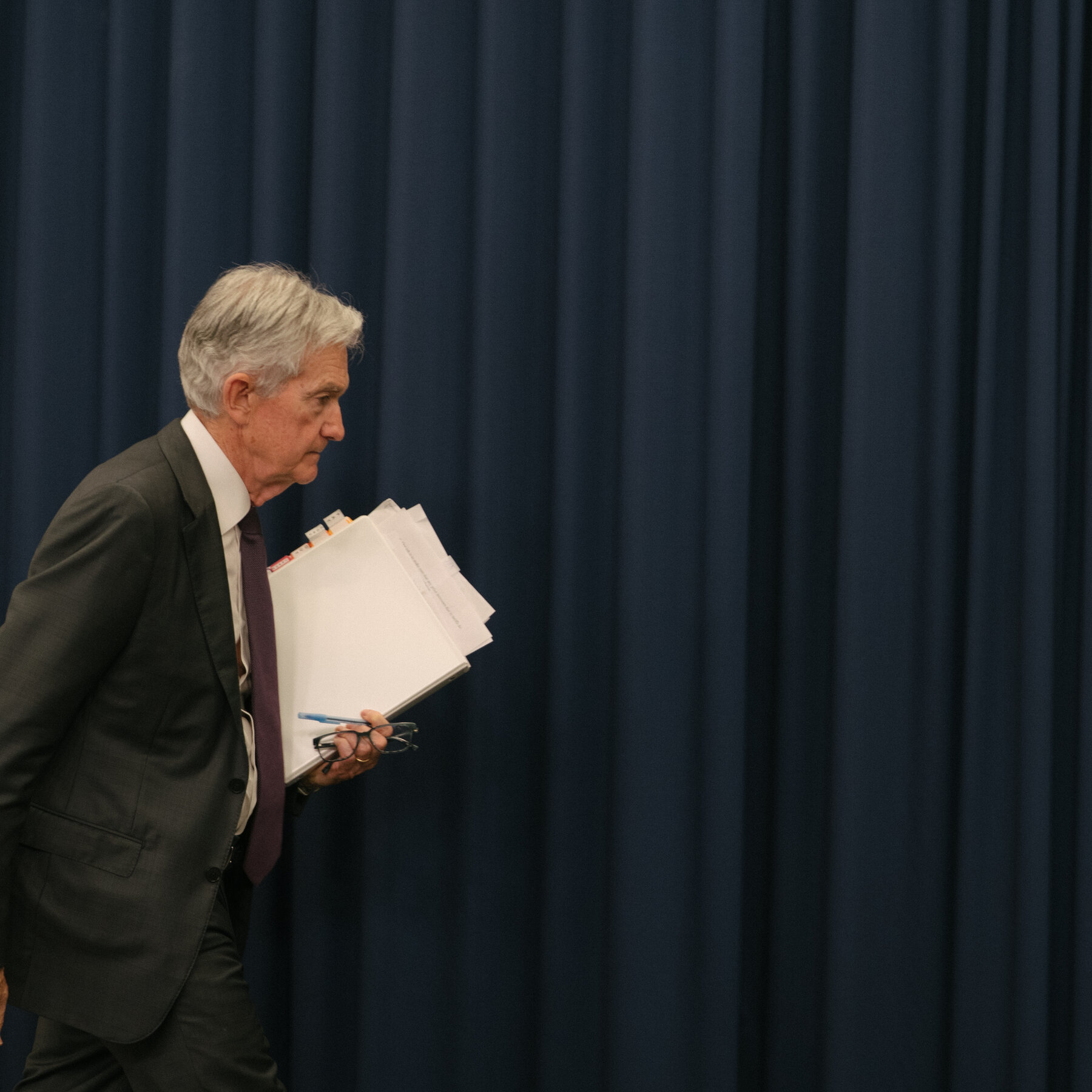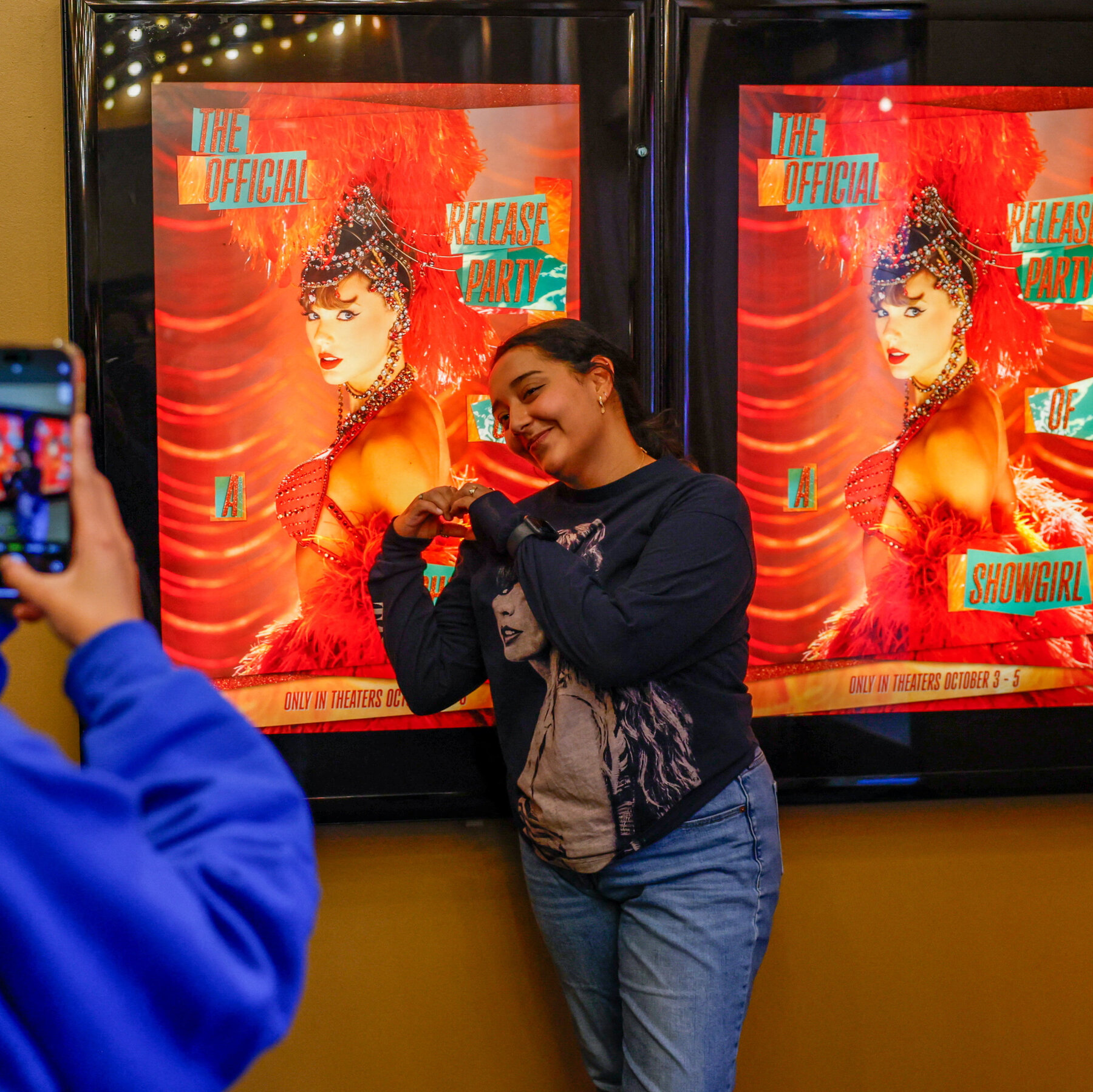How Seattle’s The Stranger Became a Progressive Kingmaker
From Underground Zine to Political Power Broker
What began in the early 1990s as a counter‑culture tabloid has morphed into one of the Pacific Northwest’s most influential political voices. The Stranger now commands a readership that spans students, artists, activists, and city officials, and its editorial endorsements are treated by many candidates as a ticket to credibility among progressive voters.
The Anatomy of an Endorsement
Securing a nod from The Stranger is no longer a casual affair. Journalists and editors meet with hopeful politicians, often over coffee—or, as insiders joke, a carefully curated spread of snacks. “If you bring the right pastries, you’ll at least get a conversation,” says a longtime staff writer, Emma Liu. The paper’s endorsement process involves:
- Reviewing the candidate’s voting record on key progressive issues.
- Assessing public statements and community engagement.
- Conducting a face‑to‑face interview to gauge authenticity.
Why Candidates Covet the Seal
In a city where the electorate leans heavily left, a The Stranger endorsement can swing a tight primary race. The paper’s readership trusts its cultural commentary and political analysis, making its backing a signal of alignment with Seattle’s progressive ethos. Campaigns often highlight the endorsement on flyers, social media, and even yard signs, using bold lettering to amplify the impact.
Notable Success Stories
Several recent office‑holders credit The Stranger with propelling their campaigns:
- Mayor Lisa Nguyen (2022) – The paper’s early endorsement helped her break through the crowded mayoral field.
- State Senator Carlos Ramirez (2024) – A decisive endorsement in the primary boosted his fundraising by 30%.
- City Councilmember Maya Patel (2023) – The endorsement underscored her commitment to affordable housing, resonating with renters.
Critics and Controversies
While many celebrate the paper’s influence, detractors argue that a single publication should not wield such sway over democratic processes. Some activists worry that the “snack‑bribe” culture could prioritize charisma over policy depth. Nevertheless, The Stranger maintains that its endorsements are rooted in rigorous editorial standards, not mere popularity contests.
The Future of Seattle’s Kingmaker
As Seattle continues to grapple with housing crises, climate action, and social equity, the role of alternative media in shaping politics is unlikely to fade. Whether the paper’s influence will expand beyond the city’s borders or remain a local phenomenon, one thing is clear: in Seattle’s progressive landscape, a nod from The Stranger is still a coveted badge of approval.






